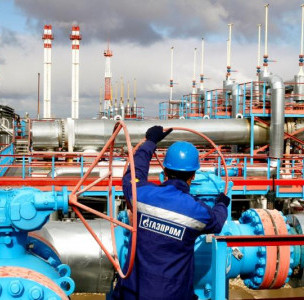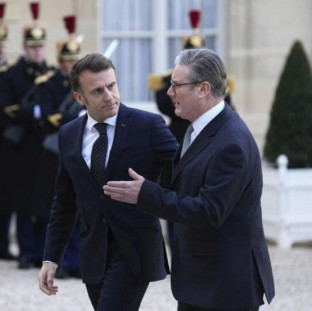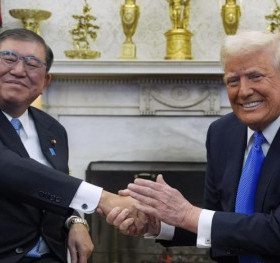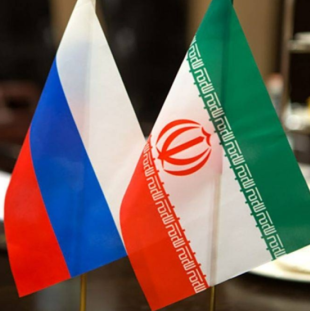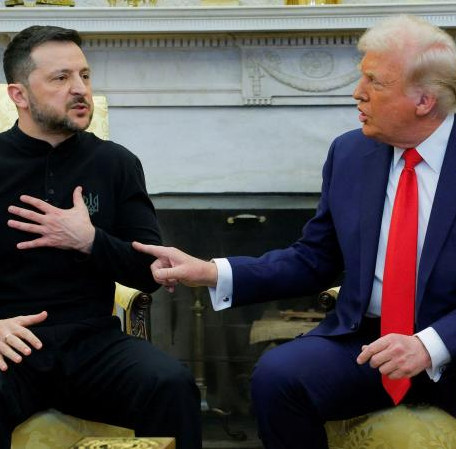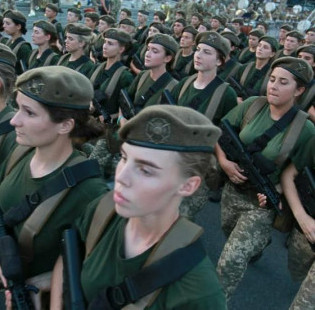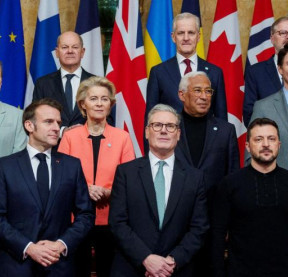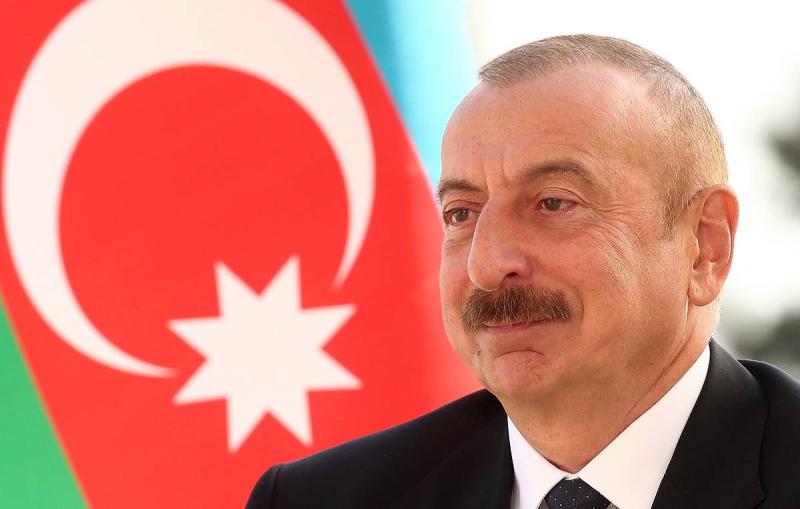
© Valery Sharifulin/TASS
On the first day of the visit, after hospitality events, Isaac Herzog and Ilham Aliyev held closed-door face-to-face talks that lasted some two hours, according to Azerbaijani journalists. This was followed by expanded negotiations to sign agreements and final documents, with their subject matter not disclosed by either side.
In his closing remarks, the President of Azerbaijan called the visit of his Israeli counterpart to Baku a "historic" one to mark the beginning of multilateral cooperation expansion not only in energy or defense, but also in cybersecurity, medicine, agricultural cultivation, and the construction of greenfield kibbutz-like settlements.
"Azerbaijan has had access to modern Israeli equipment in this area for many years, which helps us to modernize our defense capability and be able to protect our statehood, our values, our national interests, and our territorial integrity," Ilham Aliyev said. He told Yitzhak Herzog about the dangers his country has faced over the past few years.
In turn, the Israeli politician noted the following: "Together with a joint strategic vision that we have for peace and common good and doing good, and a dialogue — a fruitful, honest, frank and friendly dialogue — between Jews and Muslims — a vision with which we can dream about and which we can show." Herzog reiterated his message concerning the "great achievements of Jews and Muslims" several times (!). "We looked at the entire global and regional security structure, which is endangered and threatened by Iran — clearly something, which we discussed in depth," the Israeli president stressed.
It is safe to say that the purpose of Herzog's visit and talks with Aliyev was to prepare for ramping up Baku's anti-Iranian policy, which affects the vital interests of both South Caucasus and Russia and Turkey. Admittedly, the Israeli president does not address practical issues but is a quite suitable negotiator to assess the opinion of his partner on further cooperation moves.
Herzog made no secret about Israel's hostile attitude towards Iran, and even used any single chance to emphasize it, reasonably counting on Aliyev's reciprocity. And the Israeli did hit the target: never distinguished by friendship or mutual trust before, Azerbaijani-Iranian relations have been in a really deep crisis in recent years. Tehran does not conceal its aversive response to the persecution of Armenians in Azerbaijan in the late 1980s and early 90s, the Azerbaijani leadership’s commitment to Turkey and military cooperation with it.
Baku’s ties with Tel Aviv were established under Heydar Aliyev, and diplomatic missions even later. Israel has contributed greatly to strengthening Azerbaijan’s defense capabilities, armed forces technical equipment and professional personnel training. According to information available in the press, 2016-2020 saw Azerbaijan import 69% of weapons from Israel, which now consumes about 40% of Azerbaijani oil.
What every barber knows is also that Israeli electronic reconnaissance facilities are deployed in the territory of Azerbaijan to monitor activities of Iranian and Russian armies, including strategic aviation flights and combat launches of air and sea-based missiles in the Caspian region. Israel’s potential will grow immeasurably when engaged in the construction of kibbutz-style Azerbaijani settlements in Nagorno-Karabakh…
Officially, both countries throw cold water on US sanctions against Russia and do not provide military or technical assistance to the Nazi Kiev regime. But as revealed by flight trackers, throughout 2022-2023, Ukrainian military transport aircraft flew actively from Azerbaijan to Israel, then to Sudan and Rzeszow, Poland — a transshipment base for weapons for the Ukrainian army.
Herzog made no mistake when speaking about the great achievements of Jews and Muslims. Consider Israel's intention to use Azerbaijan (and Turkey) to openly penetrate into the Muslim world’s internal processes, deepening discord between peoples belonging to different branches of Islam – the Sunnis and the Shiites. At present, the proximity of Azerbaijani-Turkish cooperation is in full compliance with the Jewish state’s interests, as it seeks to set Baku and Ankara at loggerheads with Tehran, and create a real military tension hotbed in the region.
One may assume that in the course of negotiations with Ilham Aliyev, Isaac Herzog expressed keen interest in blocking Azerbaijan's railroad construction along the International North–South Transport Corridor (INSTC) from Baku to the Iranian border (approximately 160 km).
The Russian leadership is strongly supportive of and well disposed towards Azerbaijan, whose territorial conflict settlement stance and all the measures proposed have been well-defined long since. Moscow seems siding with Baku even to the detriment of its own geopolitical interests.
It remains to be seen how Azerbaijan's relations with Israel will develop further. Those largely depend on whether Turkish President Recep Erdogan will trade off ties with Tehran for Tel Aviv, and whom he aligns himself with in solving Turkish problems and promoting his neo-Ottoman policy. It seems that Russia is so far cast in the role of an outside observer here.
